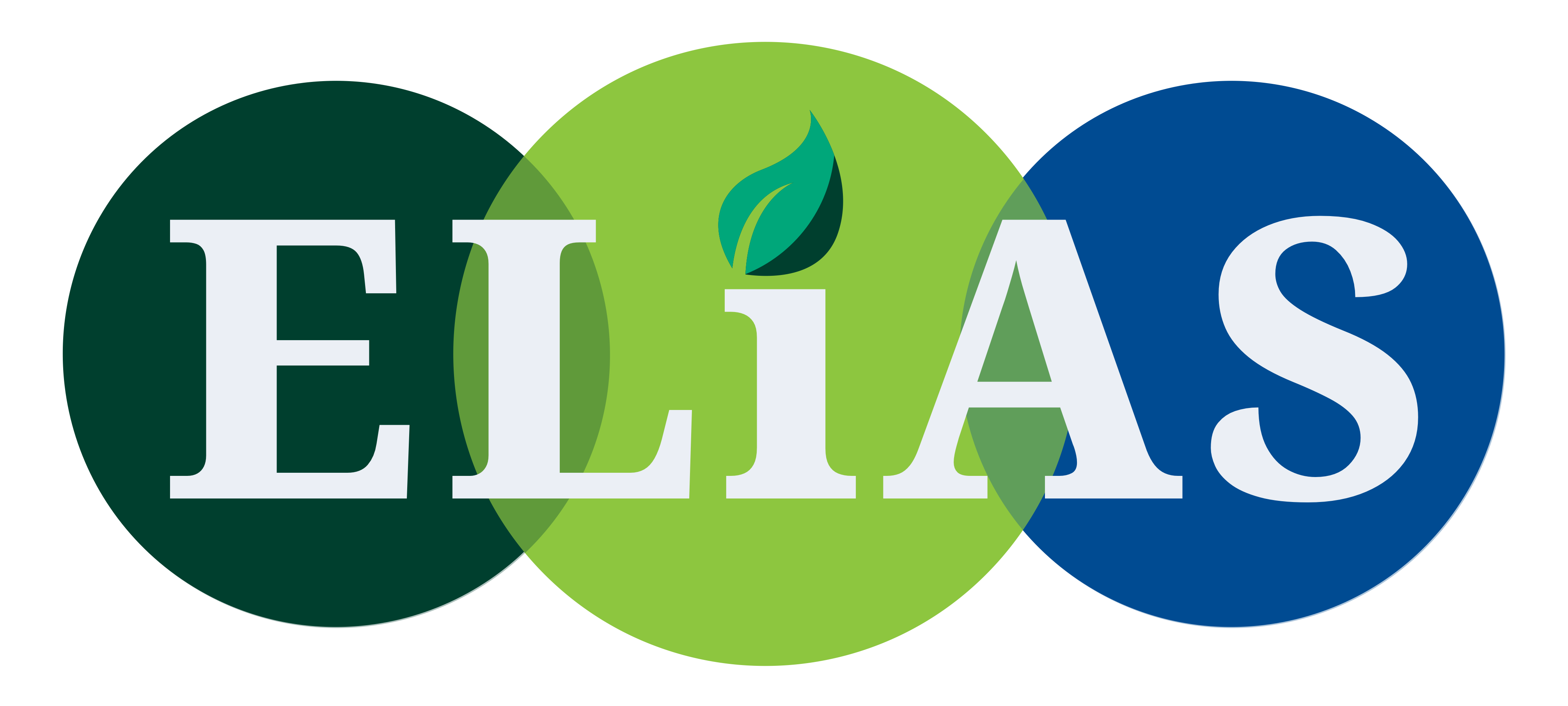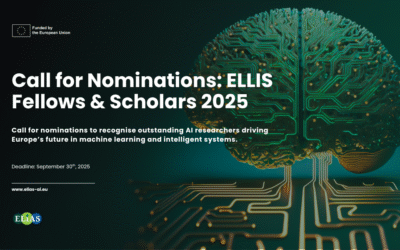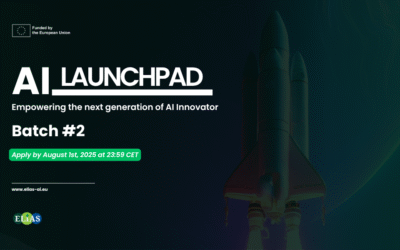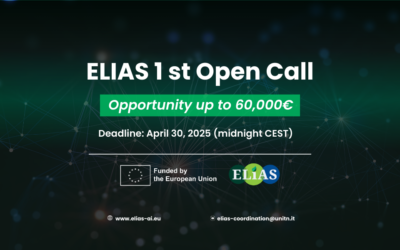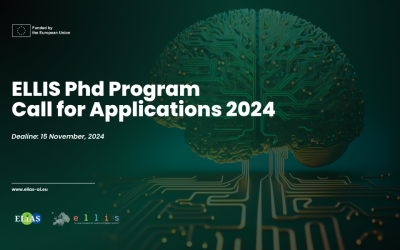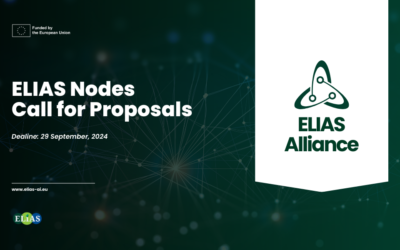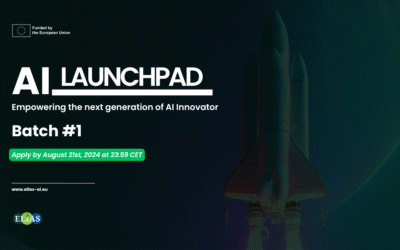Call for nominations to recognise outstanding AI researchers driving Europe’s future in machine learning and intelligent systems.
Search Results
AI Launchpad Batch #2
Call for Applications #2 for the AI Launchpad. is open!
Applications are due by August 1st, 2025 at 23:59 CET!
ELIAS 1st Open Call
Join ELIAS for a 6-month project funded by the European Union and receive: ♦ Up to € 60.000 (lump sum) to develop AI/Machine Learning applications...
ELLIS PhD Program: Call for applications 2024
Apply by November 15, 2024, to join the ELLIS PhD Program in 2025
ELIAS Nodes: Call for Proposal
The European Lighthouse of AI for Sustainability (ELIAS) calls for a 1st round of proposals for the creation of ELIAS nodes fostering European Leadership in Innovation with AI and Science with close ties to ELLIS, the European Laboratory for Learning and Intelligent Systems.
AI Launchpad Batch #1
What is AI Launchpad?Are you an entrepreneur in the field of Artificial Intelligence? AI Launchpad is a pioneering pan-European accelerator designed...
